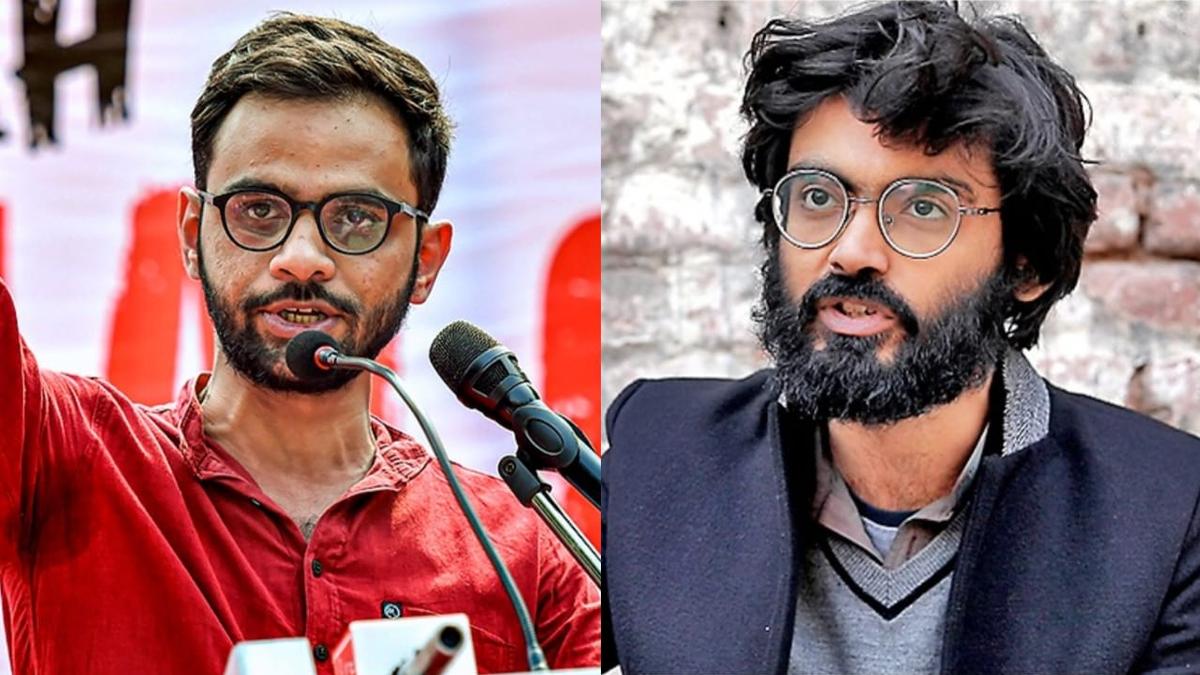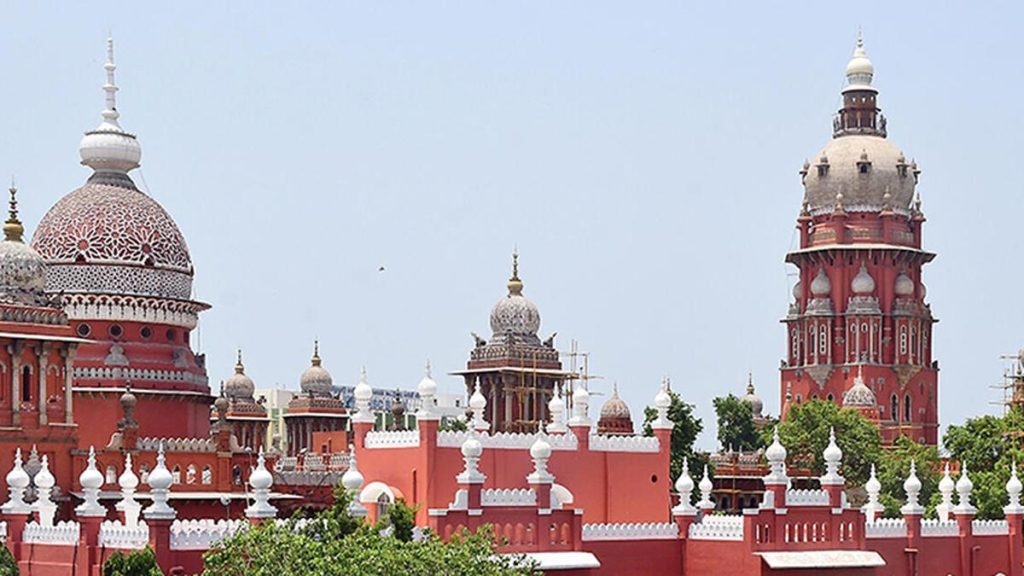Now Reading: Supreme Court to Hear Bail Pleas in Delhi Riots Case on September 12
-
01
Supreme Court to Hear Bail Pleas in Delhi Riots Case on September 12
Supreme Court to Hear Bail Pleas in Delhi Riots Case on September 12

Quick Summary
- Teh Supreme Court will hear bail petitions filed by student activists Umar Khalid, Sharjeel Imam, Gulfisha Fatima, and Meeran Haider on September 12, 2025.
- The case is related to charges under the Unlawful Activities (Prevention) act (UAPA) for alleged conspiracy in the February 2020 riots in Delhi during protests against the Citizenship Amendment Act (CAA) and National Register of Citizens (NRC).
- A Bench of Justices Aravind Kumar and N.V. Anjaria is scheduled to examine their appeals against the Delhi High Court’s decision denying them bail.
- Previously, a division Bench of Justices Navin Chawla and Shalinder Kaur rejected bail pleas of nine accused in connection with the riots.
- The Delhi High Court characterized the violence as premeditated conspiracy rather than a regular protest.
- Allegations include delivering inflammatory speeches that incited mass mobilization along communal lines.
- Some co-accused have already been released on bail: Natasha Narwal,Devangana Kalita,Asif Iqbal Tanha where granted relief in June 2021; Ishrat Jahan was bailed out in March 2022.
Indian Opinion Analysis
The upcoming Supreme Court hearing underscores ongoing judicial processes concerning one of India’s pivotal controversies-the February 2020 riots tied to anti-CAA protests. Both societal polarization and legal complexity are evident given accusations involving high-profile activists under stringent laws like UAPA. While courts advocate regulation against violent conspiracies masked as protests to safeguard order, calls for expedited trials gain traction due to prolonged detentions without resolution.
This case raises broader constitutional questions about balancing state security with freedom of speech and protest rights. Observers may watch how judicial decisions influence public discourse surrounding dissent versus law-and-order frameworks-a critical issue as India grapples with democratic resilience amid multifaceted challenges.
For further details: Click here






















